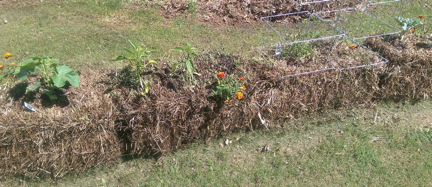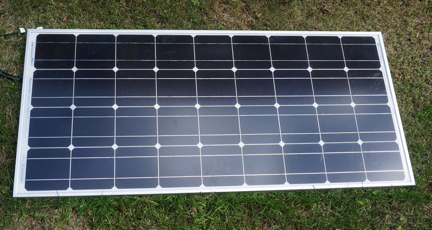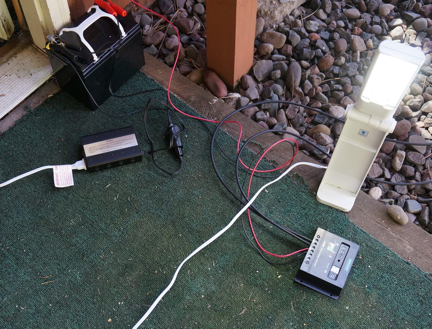Reviewing content posted from ISTE 2015 got me thinking about maker options (again). So much of the focus seems to be on robots, 3-D printers, coding, and DIY computers. Are these the opportunities I would promote?
Without disputing the opportunities associated with the maker categories I have mentioned, I think there are a couple of areas that are typically overlooked by those associated with the maker movement. I think these opportunities are similar or better as authentic opportunities and fit very well with multiple aspects of the curriculum. While I coded as part of my own career, I think a broader perspective is needed.
My two recommended project areas would be a) gardening and b) solar energy. I would argue each tie in with priority, real world needs (energy, global warming, nutrition, health) and both offer diverse opportunities for curriculum integration (measurement, data collection and analysis, writing, online research, advocacy, science, politics, economics, social issues).
I try to explore personally in areas I recommend for educational application and I have tried to focus on new personal experiences that would be novel for many learners. Brief descriptions of my present projects follow.
Straw Bale Gardening
This is something we encountered a year or so ago and now I am giving it a try myself (with mixed results ). Straw bale gardening seems suited to small spaces (some place the bales on a deck or patio) and it would seem feasible to find space within a school yard. Smaller size can also be a way to keep the commitment to the project from getting out of hand. Straw bale gardening involves elements of hydroponics and composting which add unique elements even those students with home gardens probably have not experienced.
Solar Energy
I used to think all colleges and universities should have their own wind turbines both as a learning lab and a sign of commitment to energy issues. My more recent solar energy interest is much more practical. I realize there are small kits allowing experimentation with solar energy – light a light bulb with a small energy cell. I would propose something on a little larger scale. For $200-300 you can get everything you need to power devices you actually use. I operate the lights in my office (at the lake). I could easily charge my mobile devices (note it seems you want to do this through a battery rather than directly). I think teachers could identify classroom energy needs a solar panel could satisfy. I think global warming, the reliance on fossil fuels, growing energy needs are such important issues to address.
![]()



You must be logged in to post a comment.